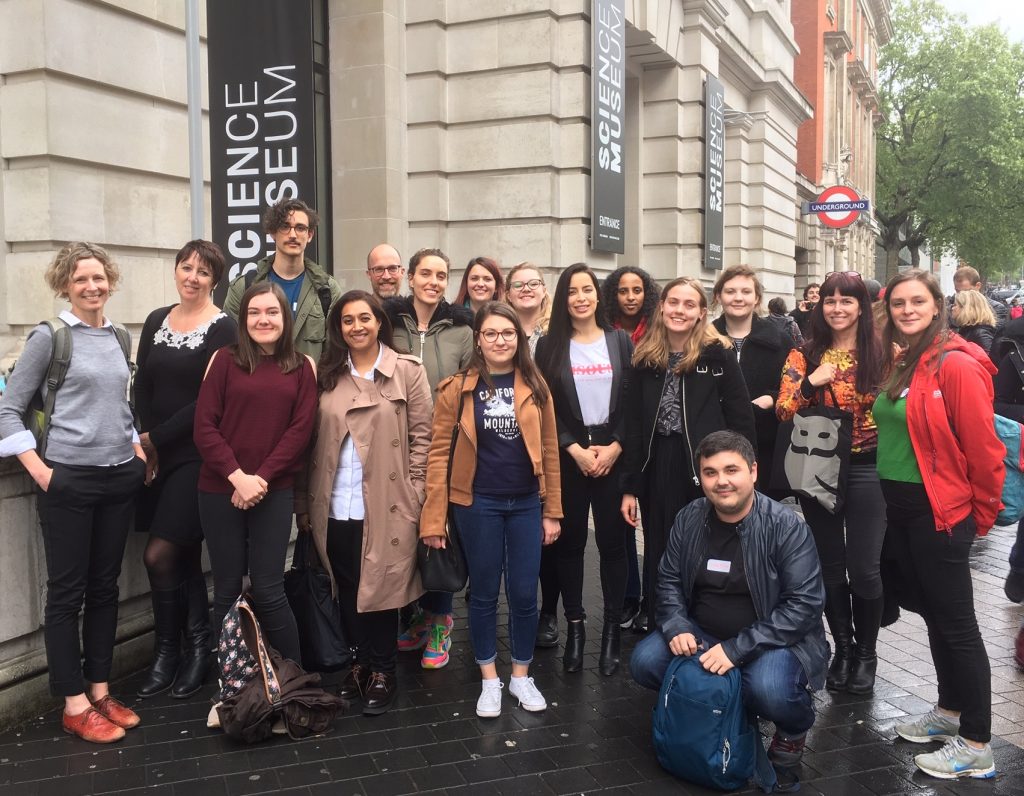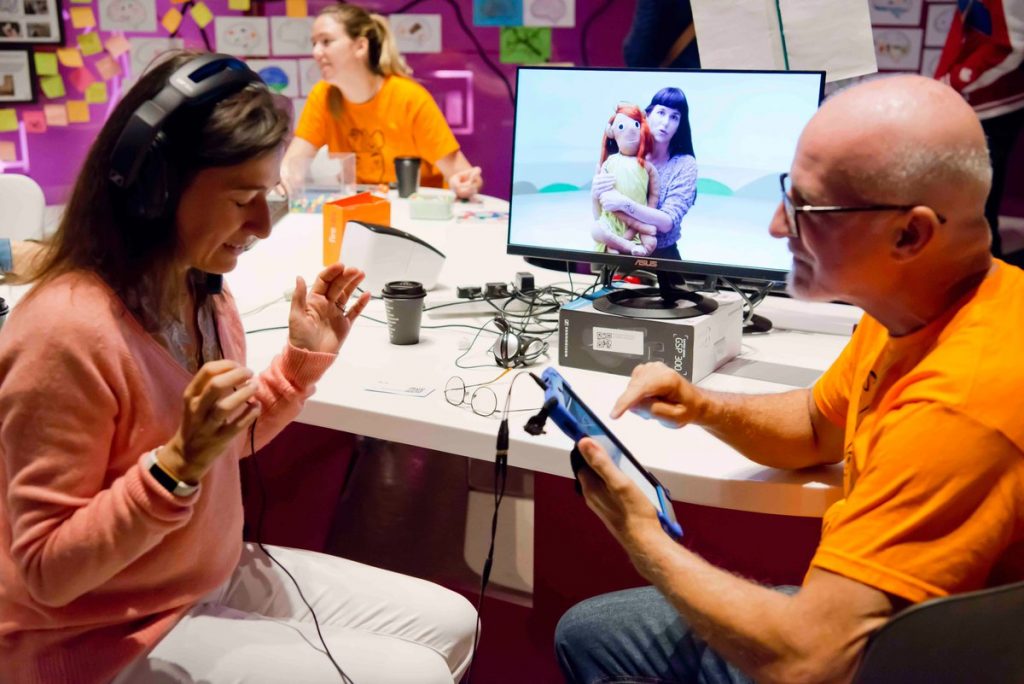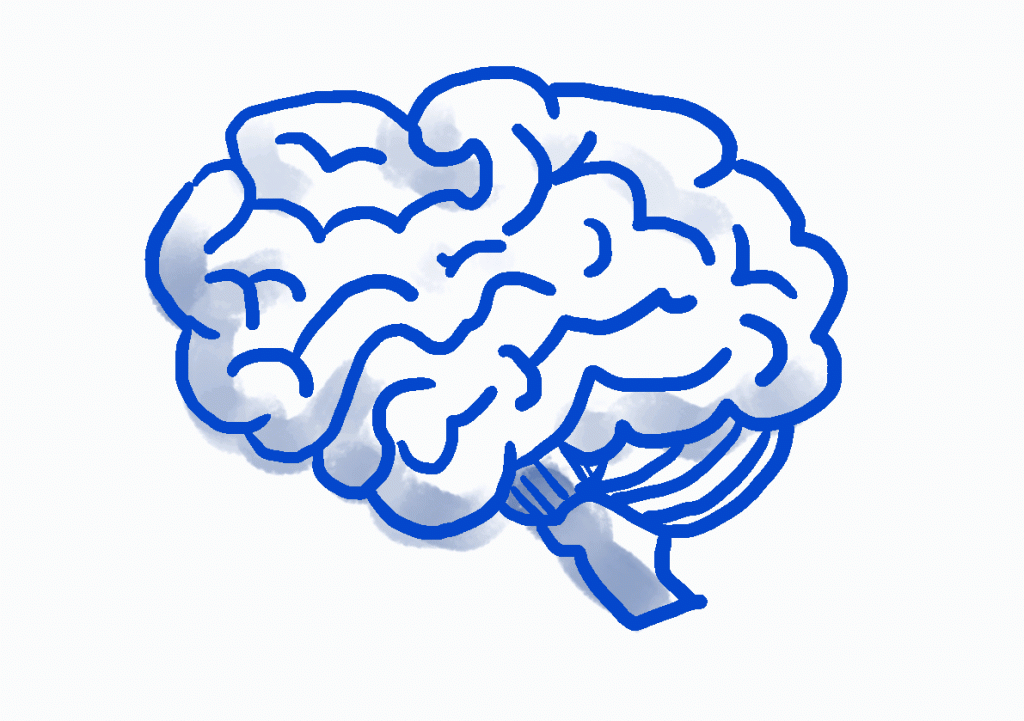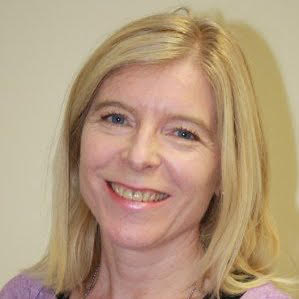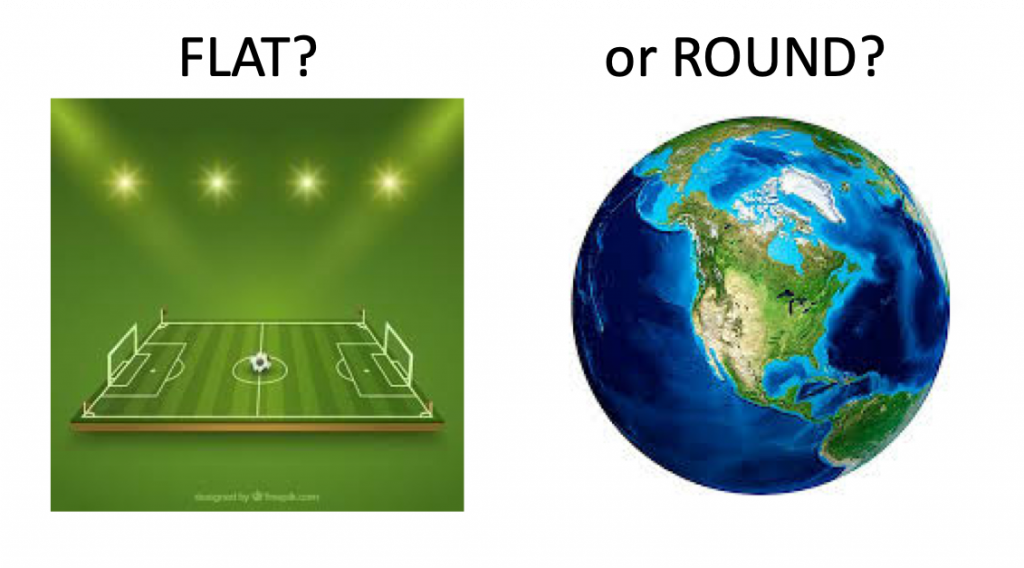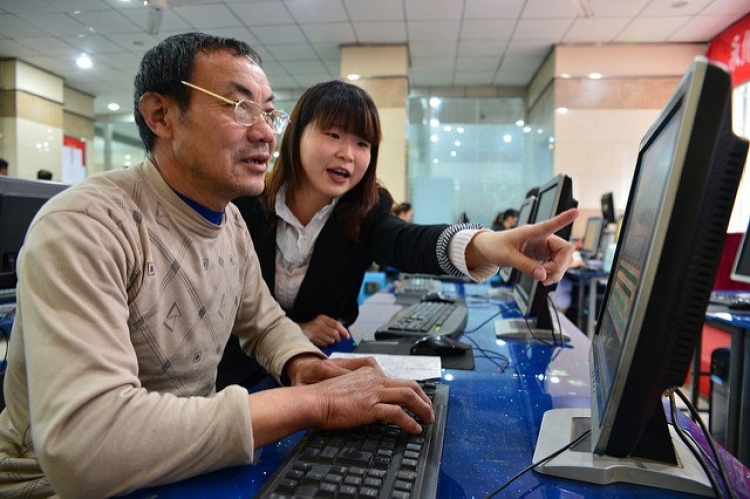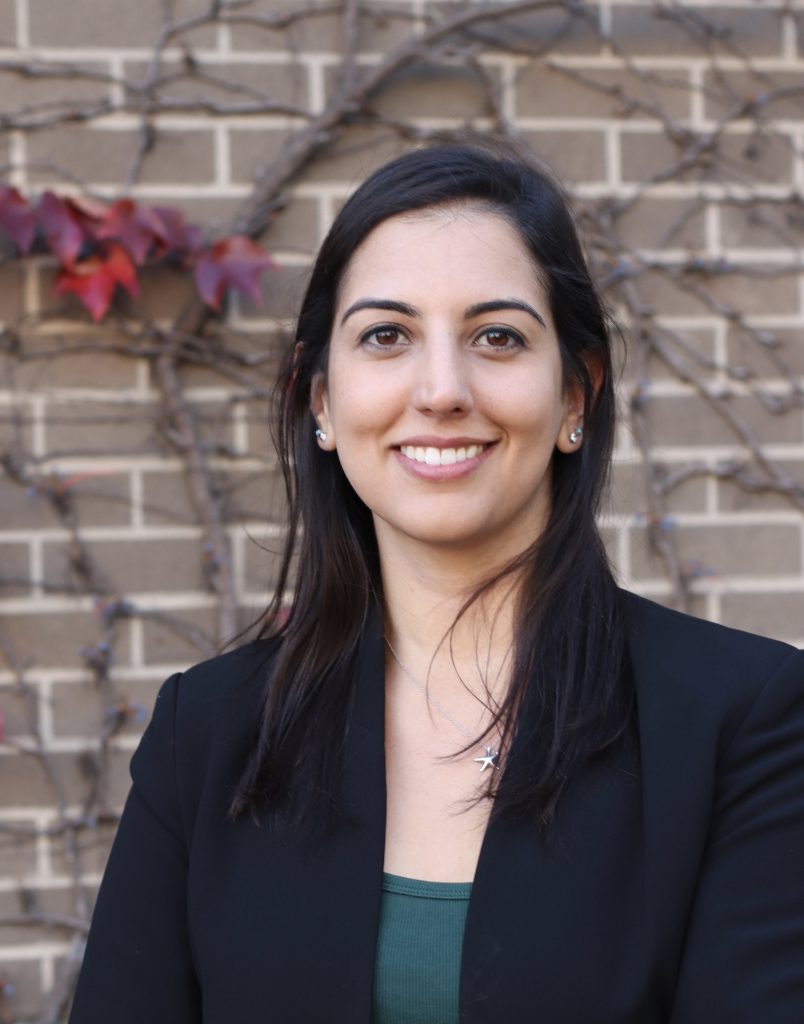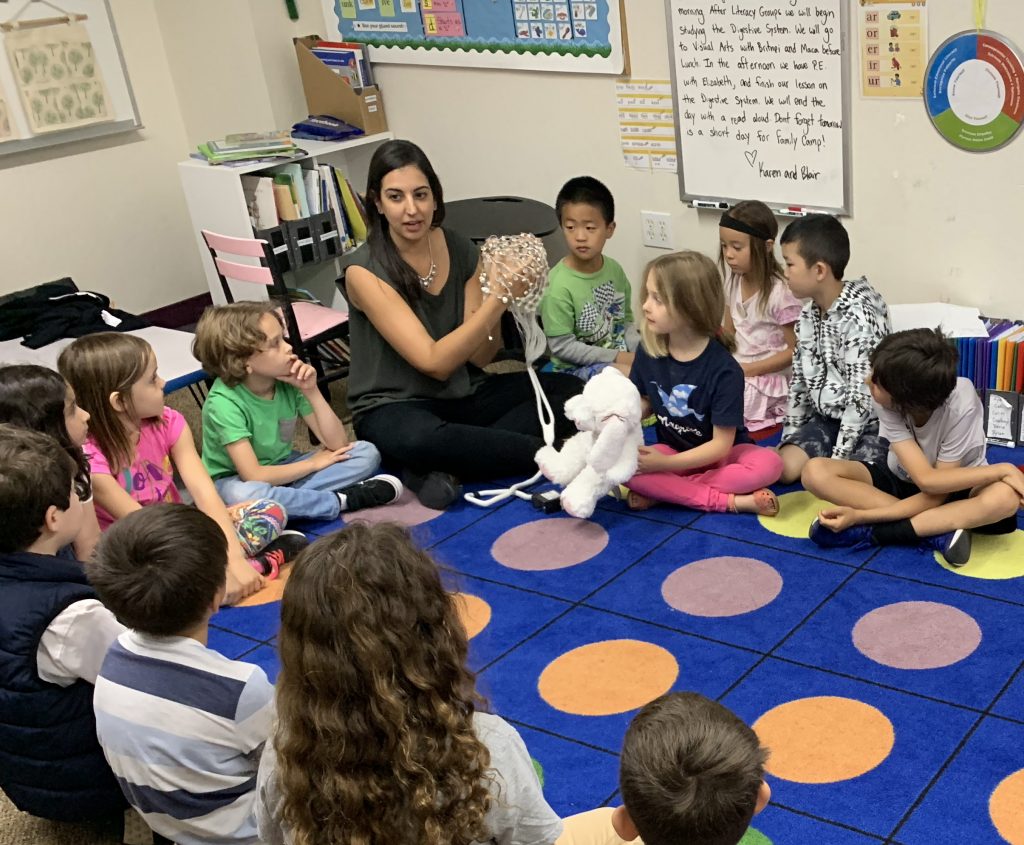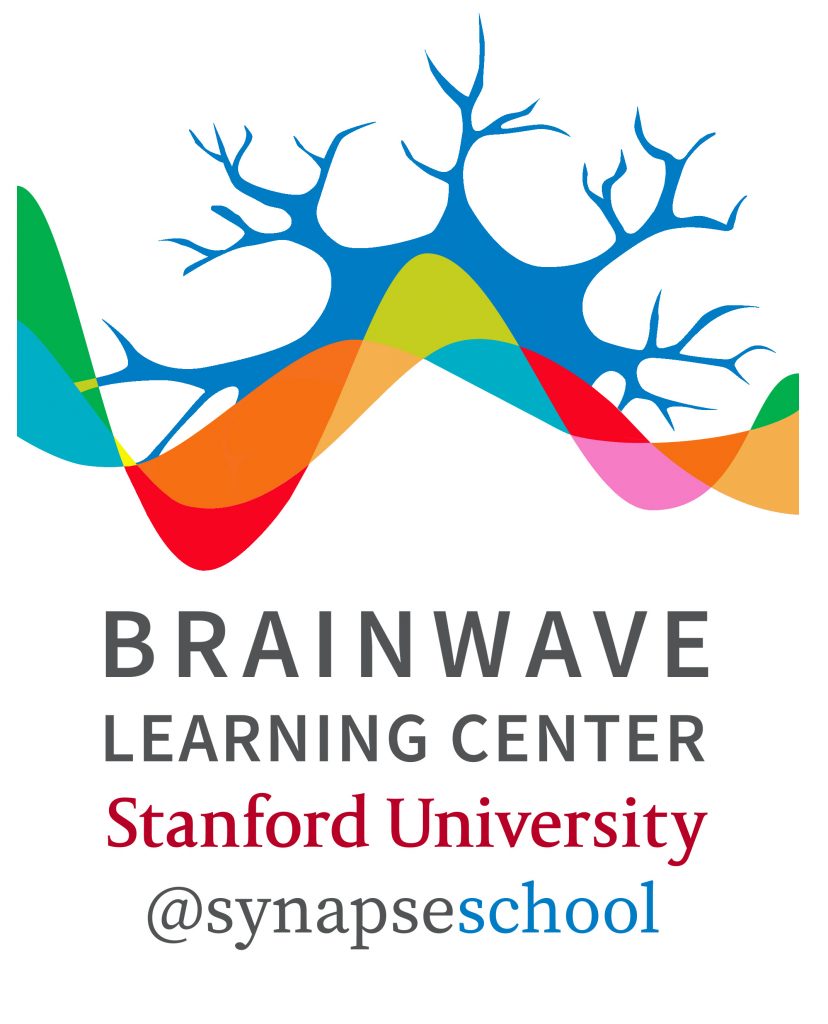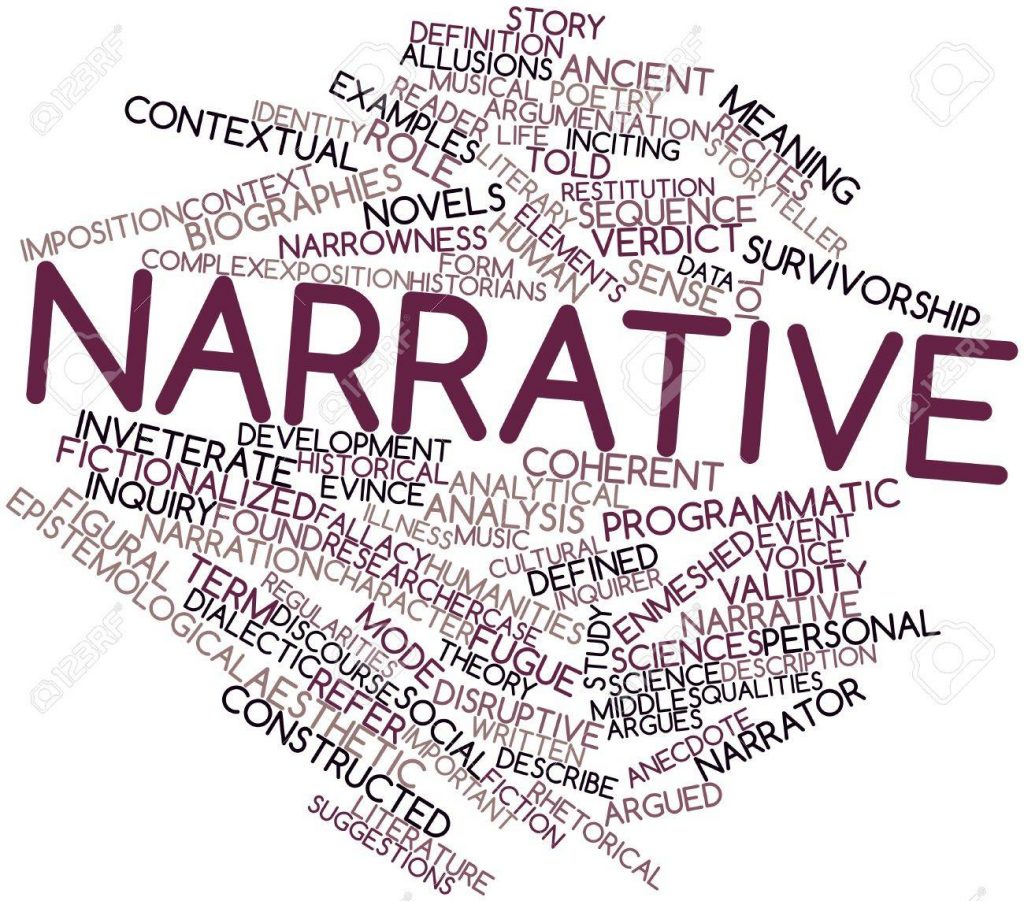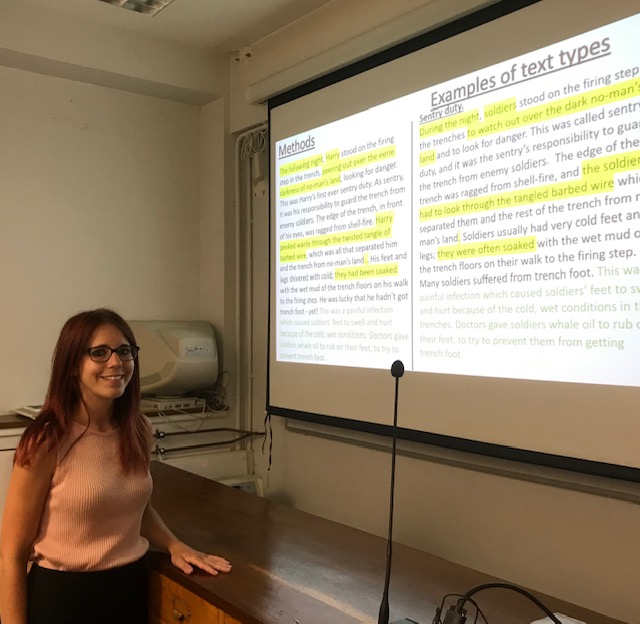We are all individuals, but we acknowledge that we might have inherited grandma’s nose or dad’s extrovert personality. Have you ever thought about what physical and psychological traits, we humans as a species, have inherited from our ancestors?
These are key questions addressed by the “Me, Human” project lead by Dr Gillian Forrester. As she tells it: “As a child, I was fascinated by our closest living relatives – the great apes. I wondered – what do gorillas and chimps think? How similar is their experience of life to mine? I scratched this itch by watching documentaries, reading books and eventually taking degrees in San Diego and Oxford. It was during my studies that I started to learn about brains and how they control behaviour. What struck me as truly incredible was that there are parts of the human brain that come from when humans and fish shared a common ancestor – over 500 million years ago!”
As humans, we are able to think and act in ways unlike any other animal on the planet. Because of these unique capabilities, it is easy to forget that modern human abilities have their origins in a shared evolutionary history. Although we are bipedal and comparatively hairless, we are indeed great apes. In fact, we are not even on the fringes of the great ape family tree – we are genetically closer to chimpanzees than chimpanzees are to gorillas. As such, we share many brain and behaviour traits with our great ape cousins. But, our similarities to other animals date back much farther than our split with an ancestor common to both humans and great apes (approximately 6 million years ago). Some brain and behaviour traits date back over 500 million years –present in early vertebrates and remain preserved in modern humans. It is our similarities and differences to other species that allow us to better understand how we came to be modern humans.
One of our oldest inherited traits is the ‘divided brain’. While our left and right halves of the brain (hemispheres) appear physically similar, they are in charge of different behaviours. Animal studies have highlighted that fishes, amphibians, reptiles, and mammals also possess left and right hemispheres that differentially control certain behaviours. The divided behaviours of these animals provide a window into our ancestral past, telling the story of our shared evolutionary history with early vertebrates.
Studies suggest that the right hemisphere emerged with a specialisation for recognising threat in the environment and controlling escape behaviours and the left hemisphere emerged as dominant for producing motor action sequences for feeding. The divided brain allows for any organism to obtain nourishment whilst keeping alert for predators. We can think of the brain as acting like an ‘eat and not be eaten’ parallel processor.
Considering the consistency in brain side across different animal species, it seems likely that there has been a preservation of these characteristics through evolutionary time. Effectively, we have lugged our useful brain and behavioural traits with us throughout our evolutionary journey. However, little is known about how these old brain traits support modern human behaviours like the way we navigate social environments, kiss, embrace, nurture babies and take a selfie! – inhibiting a better understanding of how, when and why our human unique capabilities emerged and also how they still develop during human infancy and childhood.
In order to answer these questions, scientists from Birkbeck, University of London and collaborating institutions ran the Me, Human live scientific experiment at the Science Museum this summer. This multidisciplinary team of scientists at all levels of their careers from undergraduate students in psychology and biological anthropology to senior academics at leading London universities invited over 1,700 visitors to take part, using their eyes, ears and hands to find out how their ancient brain was influencing their behaviour.
Participants learnt about cutting-edge research and engaged with fun psychology experiments from solving puzzle boards, testing their grip strength and holding and manipulating surprise objects! Individuals would watch their brain in action, using portable brain-imaging technology as well as put on our magic headphones to test how their brains processed speech.
All this data will shed light on how we, as humans, share a common evolutionary history with other animals – revealing our extraordinary connection to the natural world.
* Note that the specialisations of the left and right hemispheres are presented here within the context of evolution. As explain on our resource “How the Brain Works”: it does not mean that people differ in how much they favour using their ‘left brain’ or their ‘right brain’ and that this produces different cognitive styles and personalities. That’s a brain myth.


